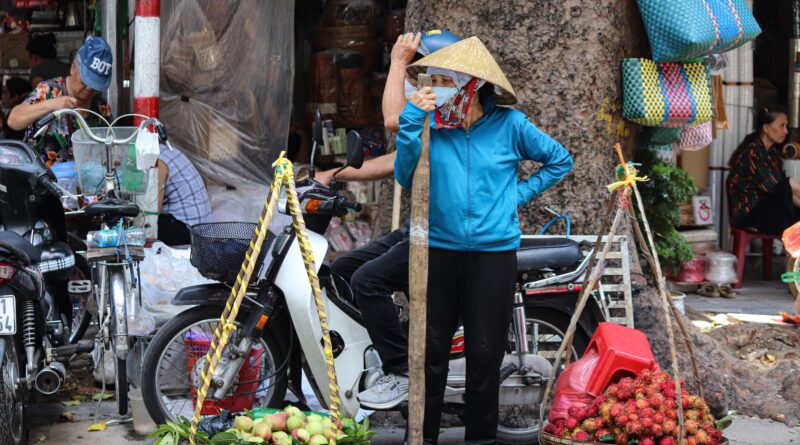Bo ni Furu
In the yesterday post, I introduced a phrase “mizu no awa,” which means that efforts end in vain.
棒に振る
Today, I’d like to talk about the phrase “bo ni furu,” which has the same meaning of “mizu no awa.”
昨日の投稿では、「努力を無駄にする」ことを表す「水の泡」という言葉を紹介しました。
The literal meaning of “bo ni furu” is “to swing a pole,” and it implies that a merchant walks around to sell goods while shouldering a carrying pole with baskets hung at both ends.
今日は、「水の泡」と同じ意味を持つ「棒に振る」という言葉を紹介します。
Also, such an act or a merchant was referred to as “boteburi” or “furiuri”.
「棒に振る」は「商品を天秤棒で担いで売り歩く」ということを意味します。
In Japan during the Edo period, boteburi have to sell fish and vegetables until the baskets would empty.
また、その行為やそのような商人のことを「棒手振り」「振売り」等と言います。
Furthermore, even if all goods were sold, the profits were small.
江戸時代の日本では、棒手振りによって野菜や魚が売られていました。
From this fact, “bo ni furu” comes to mean “efforts end in vain.”
棒手振りでは商品がすっかり無くなるまで売ることや、全て売れてもあまり利益が出ないことから、「努力を無駄にする」という意味に転じたそうです。




